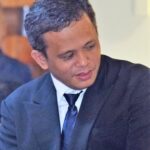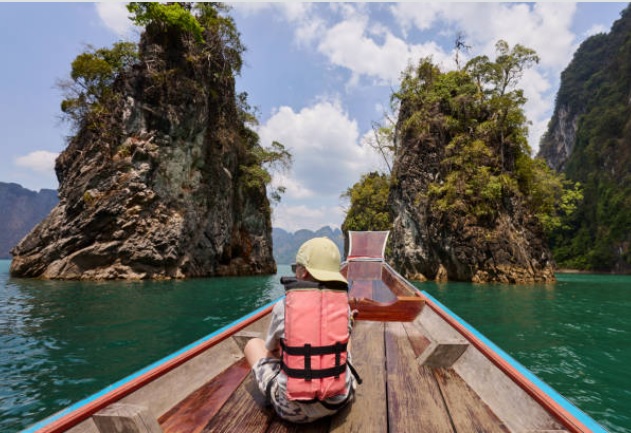
Christopher Maboloc
The good life or Eudaimonia in Greek, refers to human well-being or happiness. Let us examine the deeper meaning of the term. For Aristotle, the idea of virtue is about the self-realization of the human being. Each person has a potential that needs to be actualized. This actualization is the attainment of a life of virtue. What does virtue mean? Virtue for Aristotle means “excellence”. But virtue “cannot be taught”. It can only be achieved through “constant practice”. It is a matter of “habit”. A person who is truly honest must be consistent in his actions which means that he possesses the virtue of honesty. Virtue, in this sense, is the perfection of a certain trait. It is the permanence of one’s character as a person.
A life of virtue is connected to the good life, which is, according to Paul Ricoeur, “living with and for others in just institutions.” It is a society where people are respected and dignified. In fact, one of the most important virtues is the “virtue of citizenship”. What does it mean to be a good citizen? Being a good citizen does not only mean that an individual is entitled to certain rights that allow the same to enjoy living in a democratic society. A good citizen is one who is responsible. A good citizen understands his or her role in promoting the well-being of society by doing his or her part when it comes to following laws and contributing to the good of others. In short, responsible citizenship means that we have an obligation to society.
Applied to our situation in Davao City, what is apparent is the freedom of ordinary people in terms of their ability to be able to actualize their potentials. This has something to do with an inclusive environment and the empowerment of citizens and communities. We can mention, for instance, the significant role played by women, the youth, and indigenous peoples in building our communities. Inclusivity is crucial in the democratization process and in attaining equitable development for human society. The anti-discrimination ordinance of the city is critical in protecting the well-being of people in the margins of society. Democracy is rooted in inclusion.
Education is important for people to realize the value of their lives. The idea of the good life has something to do with access to good education. “A country is only as good as the education of its people,” according to the framework of the United Nations Development Program. “People are the real wealth of the nation,” Mahbub Ul Haq explains. In fact, without education, our youth would not be able to attain their human well-being, which can be defined, according to Amartya Sen, “as the ability to choose a life that one has reason to value.
Human flourishing, or the ability to do things and achieve a sense of fulfilment in life, is not possible without an environment that allows a person to realize his potentials. There are impediments to the enjoyment of our basic freedoms. A society that lacks order cannot secure for the people their basic freedoms. For people enjoy their personal liberties, the state has a critical role to play. The full development of the human being requires being put in an environment where one is truly free to exercise his or her choices. Political, civil, economic, and cultural rights are what Sen calls instrumental freedoms.
Young professionals are thriving and have found a home in Davao City, with the abundance of nature, opportunities for work, and its being one of the most livable cities in the world. The good life bespeaks of the fact that people can find not only the means but the very purpose of a well-lived life. Resources are needed, says Aristotle, to be able to realize one’s goals in life. Above all, human flourishing is connected to a life lived in dignity in which persons are valued as persons and not as mere “means to an end”. This requires protecting people, especially the poor and powerless, from exploitation and the abuses perpetrated by those who are positions of power. The good life, therefore, is apparent in the manner we value persons as persons. (Ryan Maboloc)


